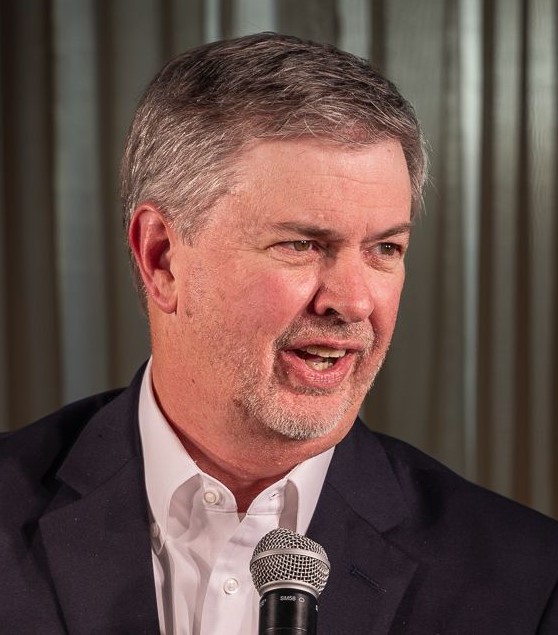A key premise of Malcom Gladwell’s 2008 book, Outliers, is the idea that if someone spends about 10,000 hours working on a particular skill, odds are strong that he or she will become one of the best in that field.
Gladwell uses examples as wide-ranging as Bill Gates, The Beatles, and hockey players to make his point, and while his thesis is not universally true, there is certainly merit to the idea that superstars are not necessarily “born” into their greatness. They must work at it.
The other day one of my sons asked me how long I played golf, wanting to know more about my accomplishments, limited as they were during my competitive days.
Starting out as a skinny little 9-year-old kid, I had no talent for the game, no strength to launch massive drives off the tee and little, if any, rhythm for a smooth swing. But by the time I was 16 years old and after about 10,000 hours of practice and play (that’s somewhere around four hours a day), I won my first tournament.
[Click here to subscribe to Pregnancy Help News!]
Proof then, that anyone—even with limited skills—can become proficient at something if enough time is devoted to the task at-hand.
Was I one of the best golfers in the world? If we expand the definition, yes. My game was never good enough to be seen on TV (unless it was a bloopers show). But a little research indicates that once I had put in Gladwell’s 10,000 hours, my abilities were among the 99.9th percentile. That’s not good enough to play professionally, but it’s not bad, either.
There is a lesson in here for me and all of us. If we focus in on and devote our efforts toward a particular mission, we are likely to become good at that mission. It’s all about priorities.
Tweet This: "If we focus our efforts toward our life-saving mission, we're likely to become good at it." @KirkWalden
As a kid, my priority was swinging that silly club. I would practice putting in my room at night. I’d get up before school and head to the driving range to hit a few balls before class. In the summers I would practice most of the day, eat dinner at home and drive to an ROTC drill field (empty, thankfully) to hit more balls before dark set in.
So how does golf, Gladwell and 10,000 hours fit into our mission?
Looking at society today, one of our greatest challenges in pregnancy help work is to build families. Fathers are more and more absent, adoption is too often the forgotten-option and as a result, our culture faces issues of poverty, crime and out-of-wedlock pregnancy on a higher scale than ever before.
A recent column addressed this issue, pointing out that if we want to nearly wipe out unplanned pregnancies (and abortion) in the next generation, we’ve got to reach dads and build families in this generation.
If our PHOs aren’t building families today (or partnering with those who do), we will be fighting the same battles regarding abortion, fatherlessness and everything else tomorrow.
My question is, “How do we know whether building families is one of our priorities?” We can look at our budgets, which is certainly a key indicator.
[Click here to subscribe to Pregnancy Help News!]
But we can also look at our time. How much of our volunteer and paid staff training time is spent specifically on how to build families? How much of our required reading (and the time this entails) is focused on creating solid, two-parent homes (through adoption or marriage) for the babies born through our organizations?
When we look at staff hours, how many are devoted to a long-term goal of changing our culture by rebuilding the family unit?
As a whole, our organizations offer many initiatives and programs that may lead to strong families. There’s no doubt, we’re doing many things right, and many things well.
Tweet This: "We can only help build our culture when we actively focus on building families." @KirkWalden
Yet as we consider our staffing, initiatives and educational opportunities, and as we partner with churches and community organizations, our PHOs can only help build our culture when we actively focus on the amount of time we give to building and strengthening two-parent families.
Is 10,000 hours our “magic number?” Probably not. But getting a handle on how much time we devote to the family unit, and improving on that number, is a good place to start.







